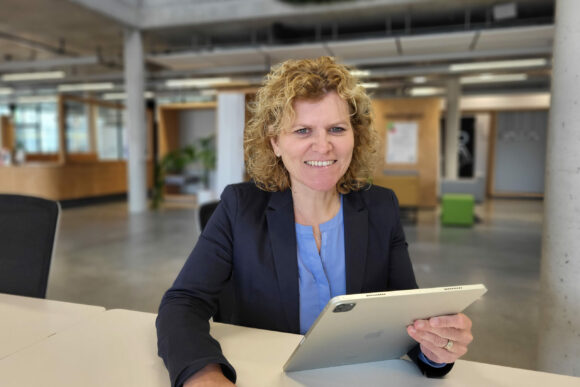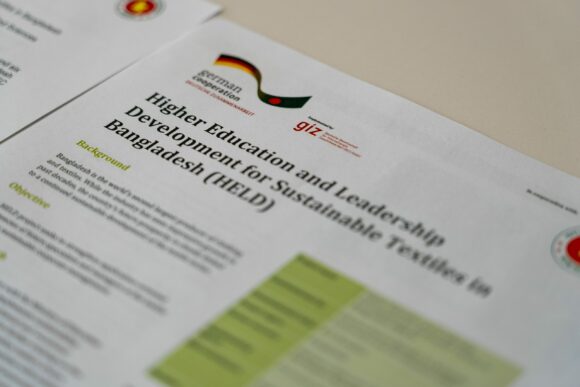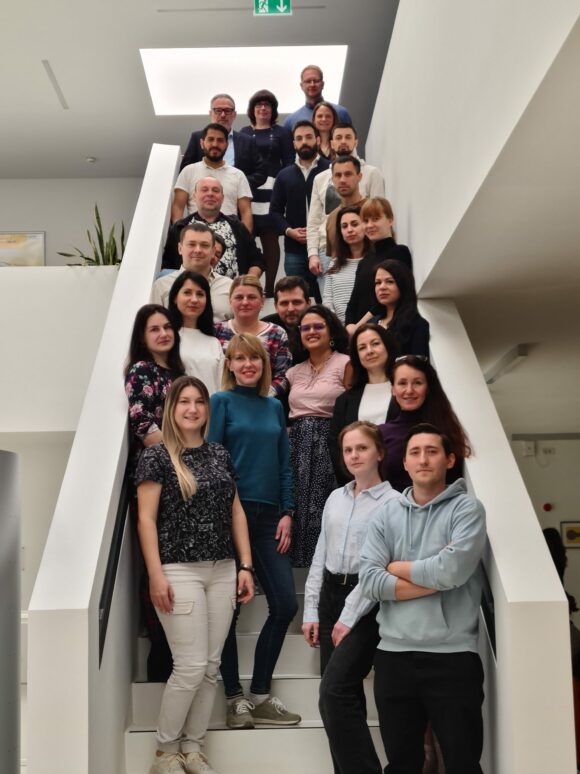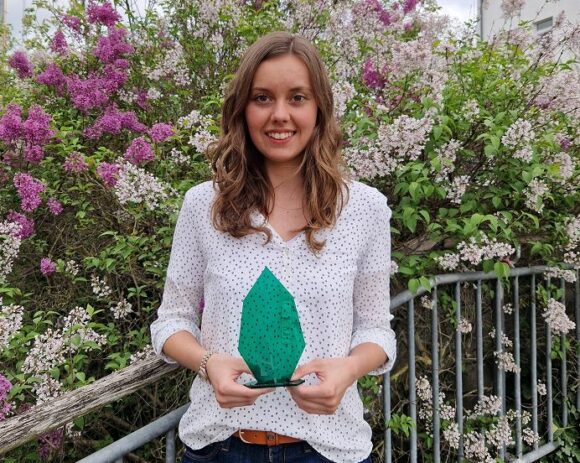Providing space, making the latest technology accessible, promoting inventive and entrepreneurial spirit at Hof University of Applied Sciences – these are the goals to be achieved with the new “MakerSpace” at the university. The high-tech workshop, which was funded as part of the “Startuplab” project, is now open to all members of Hof University of Applied Sciences.
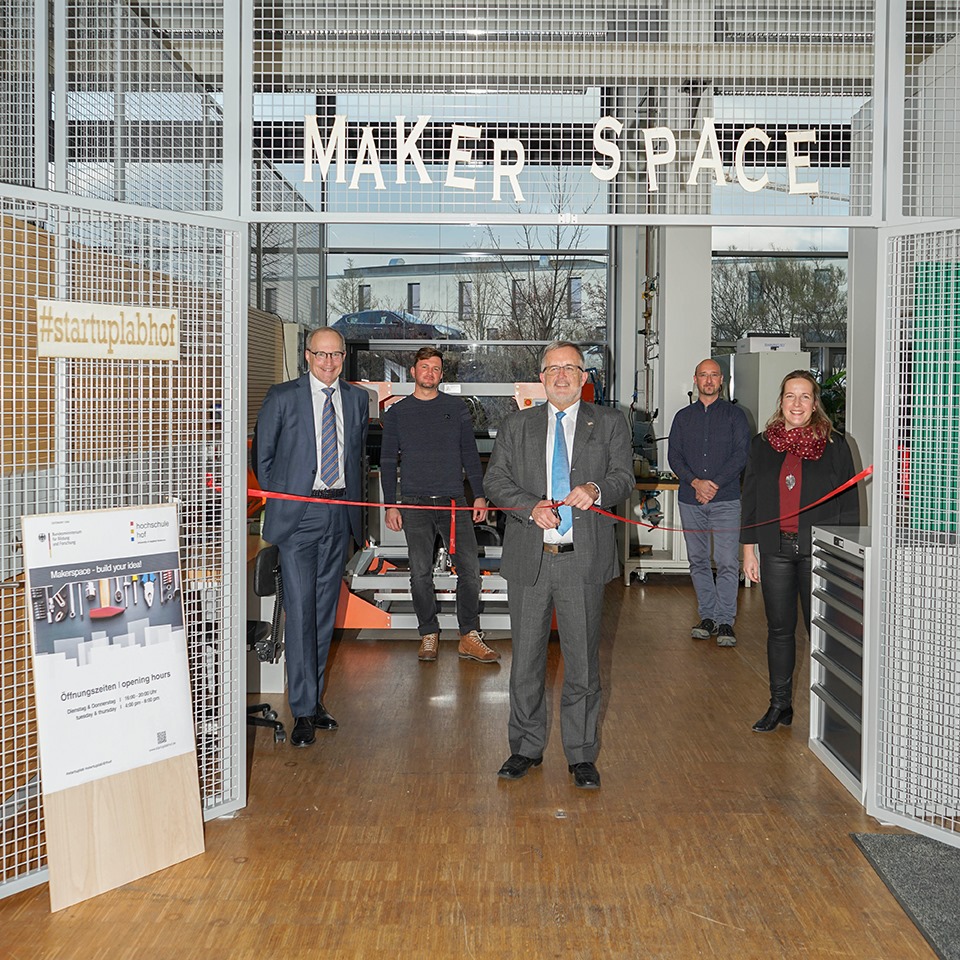
A “MakerSpace” is a professional prototype workshop with high-tech machines, tools and software and a place for tinkerers and hobbyists to realize technical ideas. The showpiece of the new “MakerSpace” at Hof University is a 3D printer with a printing volume of one cubic meter. In addition to the “BigRep,” one of only three printers of its kind at German universities, students now have access to a range of smaller 3D printers for various plastics, plotters, laser cutters, 3D scanners or special CAD software for designing models, among other things, in addition to the previous extensive laboratory machinery.
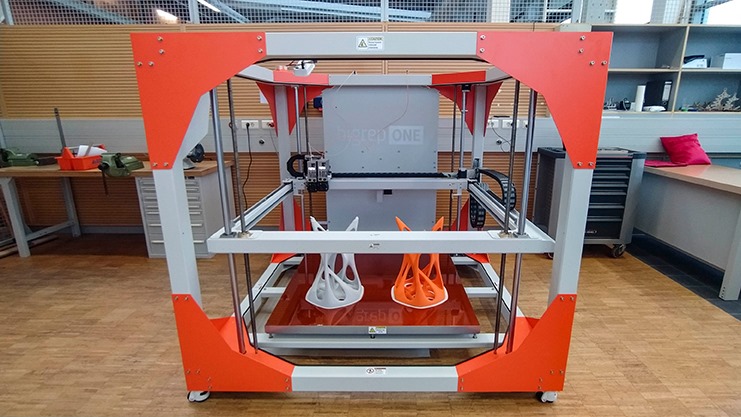
Ecosystem for founders is being expanded
Hof University of Applied Sciences is pursuing an ambitious goal with the opening of the “MakerSpace”: “This is an important building block towards becoming a founder-friendly university,” says President Prof. Dr. Dr. h.c. Jürgen Lehmann
We want to position ourselves clearly with this and are taking the next step toward firmly anchoring inventiveness, entrepreneurial thinking and a drive for innovation in our DNA.
Prof. Dr. Dr. h.c. Jürgen Lehmann
“At the beginning of our local ecosystem for founders was the realization of the study focus “Founder Management” in university teaching, which has since been expanded by the study focus “Entrepreneurship and TechStartups”. This was followed by the establishment of the Digital Startup Center Einstein1 on the campus of Hof University of Applied Sciences: a place for those who are already implementing the startup idea. With the “Startuplab” project and the “MakerSpace”, we are setting another example and completing the existing offerings for those willing to start up, from idea generation to prototyping to founding.”
Encourage, inspire, promote – cooperation with schools planned
The “MakerSpace” is being realized as part of the “Startuplab” project, a Germany-wide program to provide greater support for startup initiatives at universities. Hof University of Applied Sciences is one of a total of 16 universities in Germany to receive funding from the Federal Ministry of Education and Research
With this project, we are starting at the very beginning of a possible business start-up, where ideas are born or still need to mature
Jörg Raithel (project coordinator)
“Our goal is to create a climate at the university that encourages students to start up and try things out. We want to inspire and provide targeted support. In concrete terms, this means that we offer workshops and special study formats for developing ideas and new business models, for example. One focus here is on agile methods such as design thinking. With funding programs and competitions, we provide additional incentives, including financial ones. We also organize events where like-minded people can meet, exchange ideas and learn from each other. We cooperate very closely with the Digital Startup Center on all measures. In the long term, we also plan to work more closely with regional schools. This could be open evenings in the “MakerSpace” or tinkering competitions. We are in the idea phase and are holding initial talks. We are happy if schools are interested and approach us,” says Raithel.
Start-ups are important for the regional economy
Start-ups promote structural change in the economy, they provide impetus and drive innovation processes, even in established companies. In the best case, graduates stay in the region, found companies and create new jobs in sustainable industries. Start-ups are of great importance for the economic development of a region.”
Prof. Dr. Anke Müller and Prof. Dr. Michael Seidel
This is what the two professors from Hof, Dr. Anke Müller and Dr. Michael Seidel, who brought the “Startuplab” project to the university with a funding amount of 1.2 million euros, have to say. “In Germany, startup rates vary greatly depending on the region. It is well known that a strong startup scene has formed in cities such as Berlin and that these regions benefit greatly from it, attracting young and well-educated people on a permanent basis. Even among rural regions, there are some that succeed in exploiting the existing potential and attracting people willing to start up a business because they create an appropriate environment and offers. This includes solid start-up training at university, contact points for advice, support programs for founders, networks with like-minded people and a correspondingly open climate. And that is precisely where our opportunity lies as a region and as a university. We have good conditions here, and we would like to use and further develop them,” say Müller and Seidel.
For more information, visit www.startuplabhof.de.




